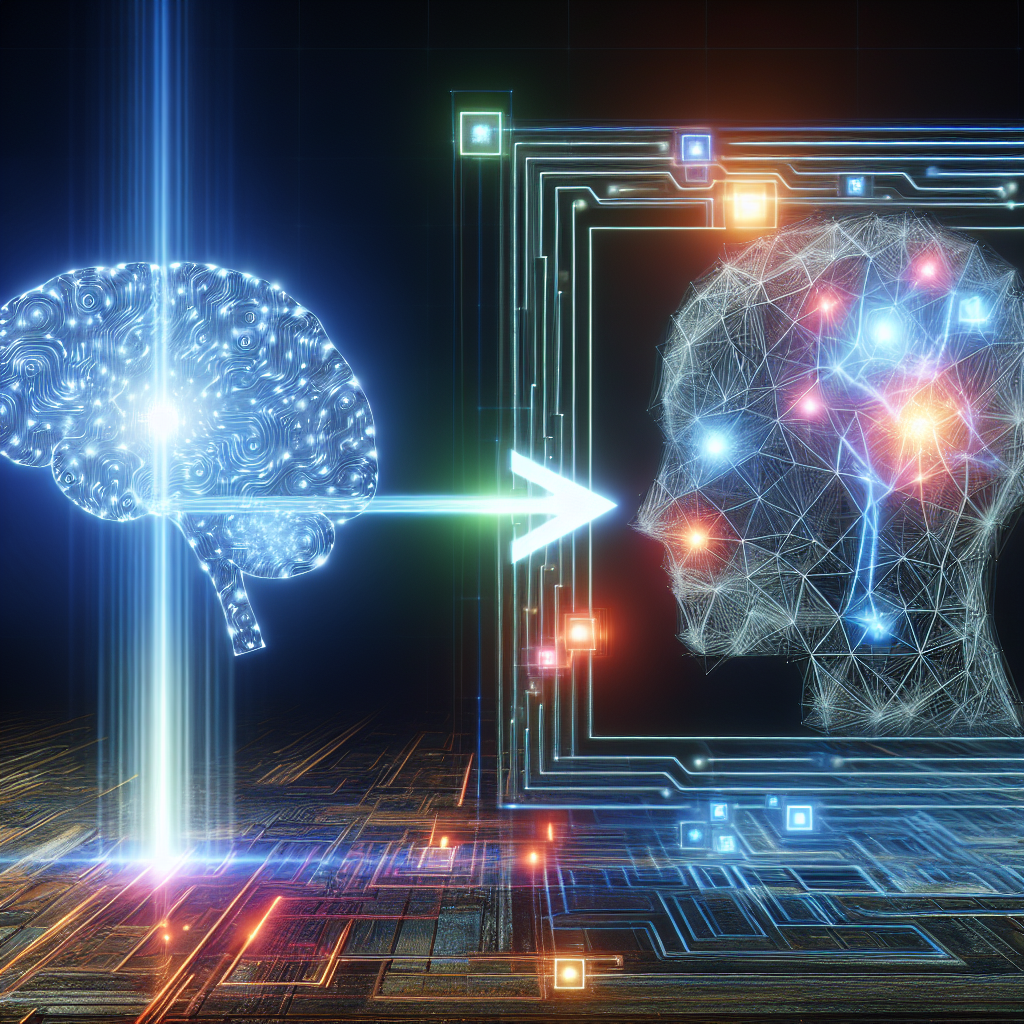Artificial intelligence (AI) has been making significant advancements in a wide range of industries, and the world of gaming is no exception. AI-powered game engines are revolutionizing the way games are developed, played, and experienced, opening up a whole new world of possibilities for gamers and developers alike.
The Future of Game Engines
Game engines are the core software that powers video games, providing the tools and resources needed to create immersive and engaging gaming experiences. Traditionally, game engines have relied on human input to design levels, characters, and gameplay mechanics. However, with the integration of AI technologies, game engines are becoming smarter, more efficient, and more versatile than ever before.
One of the most significant advancements in AI-powered game engines is the ability to generate content autonomously. AI algorithms can analyze player behavior, preferences, and trends to create unique and personalized gaming experiences in real-time. This means that games can adapt and evolve based on the player’s actions, creating a more dynamic and engaging gameplay experience.
AI-powered game engines also have the potential to revolutionize game development by streamlining the process and reducing the need for manual labor. Developers can use AI algorithms to automate tasks such as level design, character animation, and bug testing, allowing them to focus on more creative aspects of game development. This not only speeds up the production process but also reduces costs and eliminates human errors.
Another exciting development in AI-powered game engines is the integration of machine learning algorithms. Machine learning allows game engines to learn and improve over time, making them more adaptive and responsive to player feedback. This means that games can continuously evolve and improve, providing players with a more personalized and immersive gaming experience.
Furthermore, AI-powered game engines can also enhance the overall visual and audio quality of games. AI algorithms can generate realistic graphics, animations, and sound effects, creating more lifelike and immersive environments for players to explore. This not only enhances the gameplay experience but also pushes the boundaries of what is possible in terms of visual and audio fidelity in games.
FAQs
Q: How will AI-powered game engines impact the gaming industry?
A: AI-powered game engines have the potential to revolutionize the gaming industry by providing developers with powerful tools to create more immersive, engaging, and personalized gaming experiences. These advancements will not only enhance the gameplay experience for players but also streamline the game development process, reduce costs, and push the boundaries of what is possible in terms of visual and audio fidelity in games.
Q: Will AI-powered game engines replace human developers?
A: While AI-powered game engines can automate certain aspects of game development, human developers will still play a crucial role in the creation of games. AI technologies can assist developers by streamlining the production process and reducing manual labor, allowing them to focus on more creative aspects of game development. Ultimately, human creativity and ingenuity will always be essential in the gaming industry.
Q: What are some examples of AI-powered game engines?
A: Some examples of AI-powered game engines include Unreal Engine, Unity, and CryEngine. These game engines incorporate AI technologies such as machine learning, deep learning, and natural language processing to improve gameplay mechanics, generate content autonomously, and enhance visual and audio quality in games.
Q: What are the challenges and limitations of AI-powered game engines?
A: While AI-powered game engines offer many benefits, there are also challenges and limitations that developers need to consider. Some of the challenges include the need for extensive data training, potential biases in AI algorithms, ethical concerns, and the risk of job displacement in the gaming industry. Additionally, AI-powered game engines may require significant computational resources and expertise to implement effectively.
In conclusion, AI-powered game engines are poised to transform the gaming industry by providing developers with powerful tools to create more immersive, engaging, and personalized gaming experiences. These advancements will not only enhance the gameplay experience for players but also streamline the game development process, reduce costs, and push the boundaries of what is possible in terms of visual and audio fidelity in games. While there are challenges and limitations to consider, the future of game engines looks brighter than ever with the integration of AI technologies.

